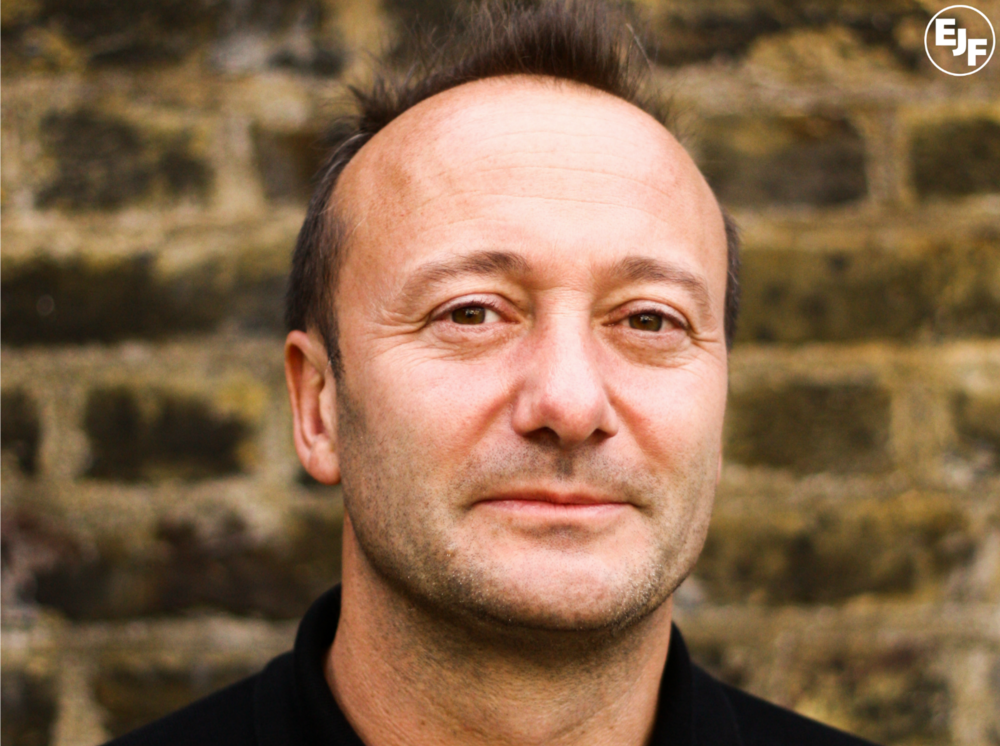
Climate change won’t wait, and nor should we
Climate change won’t wait, and nor should we.
That has to be the message that world leaders take to the climate change summit next week.
Our world is changing, rapidly. Rainfall is unpredictable, temperatures are rising and storms and flooding are getting more violent. Droughts are intensifying and more frequent. Our biodiversity declining and our oceans are becoming warmer and more acidic.
Some of the world’s most vulnerable people are being pushed deeper into poverty as their livelihoods collapse, facing a daily struggle to find enough food to eat and water to drink, denied their most basic human rights.
Last year, more than 38 million people – the equivalent of the entire population of Oceania – were forced from their homes and land because of storms, floods and landslides. Families have been separated, communities torn apart. Many of these people were left with only the clothes on their backs.
There are now more climate refugees than refugees fleeing persecution or violent conflict. Yet, there is no legal obligation on states or the international community to assist them. Climate refugees are not recognized under law, and there is no agency or legal instrument specifically for their protection.
They have nowhere to go and no means to survive.Countries have not made equal contributions to climate change. There is a 175,000,000% difference between the CO2 emissions of the highest and lowest country emitters.
Poorer regions and countries will be disproportionately affected. The countries that have generally contributed the least to human-induced climate change are paying the ultimate price. If the plight of the 500,000 Somalis now living in Dadaab refugee camp tells us anything, it is that responding to disasters after they have happened puts livelihoods and lives in terrible jeopardy.
Our reticence to act on climate change is leading us down a path we cannot afford to travel down. A further delay by states to act on climate change will undermine progress on development, environmental security and national and international stability. Leaders at the 17th Conference of Parties to the United Nations Framework Convention on Climate Change (UNFCCC) must use it as an opportunity to build a coordinated response to the threats posed by climate change.
Crucially, national governments must be far more ambitious in cutting greenhouse gas (GHG) emissions. The UK must commit to a 40% reduction below 1990 levels by 2020. The international community must increase financial commitments to climate change adaptation funds and ensure the timely and transparent distribution of funding. North Americans spend approximately the same amount of money on pet food and pet grooming in a month than the all the funding ever distributed from the climate change adaptation funds.
The international community must plan and prepare for the human impacts of climate change. The UK Government needs to champion a new, legally-binding framework that recognizes and protects climate refugees. Short-sighted political agendas on climate change are depriving people of their rights and a better future.
Leaders at COP17 have an opportunity and a choice. Let us ensure they make the right one.
SIGN UP FOR OUR EMAILS AND STAY UP TO DATE WITH EJF